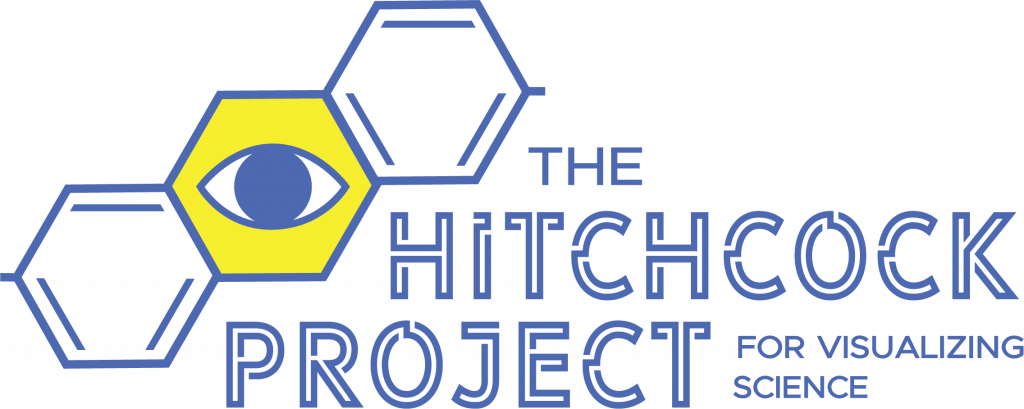















https://www.youtube.com/watch?v=W81FHKtSBG4&feature=youtu.be

https://www.youtube.com/watch?v=A6FOY4-1L0U&feature=youtu.be






























Republished from The Conversation. By Sofia Marie Haley.

A conversation with Maren Hunsberger on the causes and effects of health misinformation, and creative strategies for building a more informed society. By Abdulmalik Adetola.

This spring in Reno, 900 sheep and 230 goats are hard at work on fire fuels reduction. By Ali Dickson/KUNR.

1664 North Virginia St, Reno, NV, 89557 | (775) 784-6531 | journalism@unr.edu
1664 North Virginia St, Reno, NV, 89557 | (775) 784-6531 journalism@unr.edu
